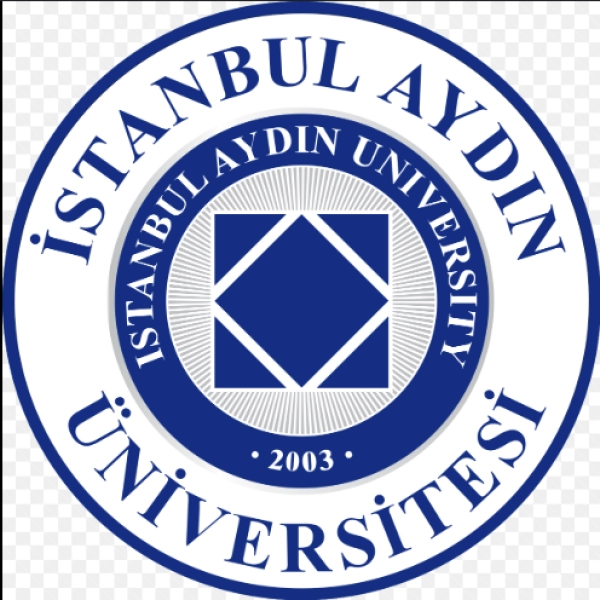College: Graduate Program Institute
This specialization provides a comprehensive understanding of nutrition principles and practices as they apply to athletes and physically active individuals. Students will explore key topics such as macronutrient and micronutrient needs, hydration, dietary supplements, and the role of nutrition in performance enhancement and recovery. The main focus is on integrating theoretical knowledge and practical skills to prepare students for careers in sports nutrition, athletic training, and health coaching.
Learning Objectives:
- Comprehend the fundamental principles of athlete nutrition and its role in enhancing sports performance.
- Develop skills in assessing the nutritional needs of athletes based on their sport, training regime, and individual goals.
- Learn techniques for designing and implementing personalized nutrition plans for athletes.
- Explore the principles of macronutrient and micronutrient metabolism and their impact on performance.
- Understand the role of hydration, dietary supplements, and nutrition during recovery in sports success.
- Analyze challenges and opportunities for work in the field of athlete nutrition.
- Develop critical thinking and problem-solving skills to address contemporary issues in athlete nutrition.
Main Outline:
- Introduction to Athlete Nutrition
- Overview of athlete nutrition, its history, and importance in sports performance.
- Macronutrients and Performance
- Study of carbohydrates, proteins, and fats and their roles in energy production and muscle repair.
- Techniques for optimizing macronutrient intake for different types of athletes.
- Micronutrients and Health
- Basics of vitamins and minerals, and their importance for immune function, bone health, and overall well-being.
- Techniques to ensure adequate micronutrient intake in athletes.
- Hydration and Electrolyte Balance
- Principles of hydration, including fluid needs, electrolyte balance, and strategies to prevent dehydration.
- Techniques for developing hydration plans for athletes.
- Nutrition for Training and Competition
- Study of nutrition strategies before, during, and after exercise to enhance performance and recovery.
- Techniques for designing nutrition plans for specific sports and events.
- Dietary Supplements and Ergogenic Aids
- Analysis of dietary supplements, their effectiveness, and role in sports performance.
- Techniques to evaluate and recommend supplements based on scientific evidence.
- Weight Management and Body Composition
- Basics of weight management, including strategies for muscle gain, fat loss, and maintaining optimal body composition.
- Techniques for assessing and monitoring body composition in athletes.
- Emerging Trends in Athlete Nutrition
- Impact of emerging trends, such as personalized nutrition, plant-based diets, and gut health, on athlete nutrition.
- Techniques for incorporating new trends into sports nutrition practice.
Assessment Methods:
- Practical projects and case studies to evaluate skills in designing nutrition plans for athletes.
- Written assignments and research papers to assess knowledge of nutrition principles and their application in sports.
- Presentations and reports on nutrition strategies for specific sports or athletic goals.
- Participation in group discussions and debates about contemporary issues in athlete nutrition.
Recommended Textbooks:
- "Sports Nutrition: A Practical Guide for Professionals" by Marie Dunford and J. Andrew Doyle.
- "Nancy Clark's Sports Nutrition Guidebook" by Nancy Clark.
- "Advanced Sports Nutrition" by Dan Benardot.
Prerequisites:
A basic understanding of nutrition, biology, and exercise sciences is recommended. This specialization is suitable for students in nutrition, dietetics, sports science, and related fields.
Program Duration:
This specialization typically lasts four academic years, combining lectures, practical exercises, and internships.
Certification:
Upon successful completion, students may earn a degree in Sports Nutrition, depending on the program and institution.
Target Audience:
This specialization is designed for undergraduate and graduate students in nutrition, dietetics, sports science, and related fields, as well as professionals seeking to enhance their skills in sports nutrition. This program prepares students and professionals to excel in the field of sports nutrition by leveraging theoretical knowledge, practical skills, and understanding of emerging trends to enhance sports performance, support recovery, and promote overall health.

